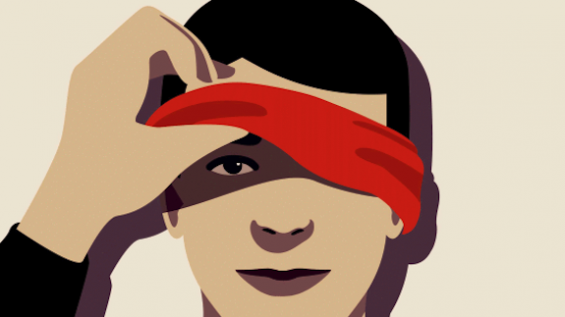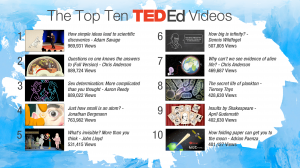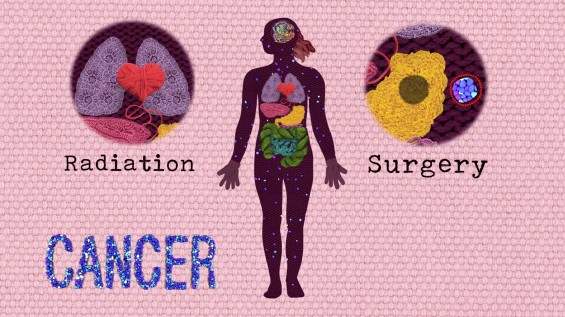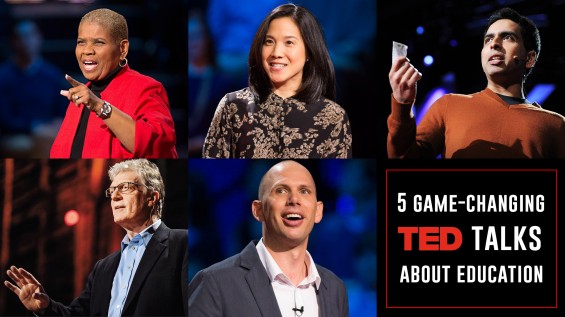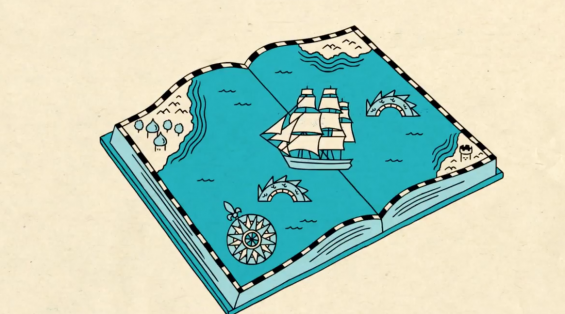
Breaking down big data
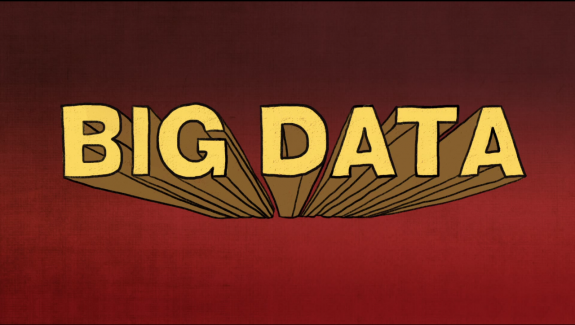
Big data is, for lack of a better word, big right now. But it’s also a difficult, multi-layered concept to wrap one’s head around: How can we organize all this data? Are the conclusions we draw from it always correct? And what are its implications for our future? In this TED-Ed blog series, we group short, informative TED-Ed Lessons with longer, more in-depth TED Talks on the same subject. Today we ask the question: What’s the future of big data?
If you’re a newbie to the concept of big data, Kenneth Cukier’s TED Talk ‘Big data is better data’ is a great place to start. Cukier examines the way big data is already helping us think differently about certain assumptions (including the previously accepted idea that apple pie is America’s favorite pie), and explores some of the amazing ways scientists are using big data to improve our future. But while Cukier is optimistic about the potential in big data, he’s also cautious. In his talk, he sagely warns, “This is a tool, but this is a tool that, unless we’re careful, will burn us.”
Let’s take a step back and think about big data from an organizational standpoint. How in the world can we even organize all of this information in a way that people can use it and learn from it? Take, for example, the physicists at CERN. They have been pondering how to store and share their ever compounding data sets for decades — stimulating globalization of the internet along the way. In this TED-Ed Lesson, Tim Smith plots CERN’s involvement with big data from fifty years ago to today.
Round out your exploration of big data with Susan Etlinger’s TED Talk ‘What do we do with all of this big data?’ Etlinger, who is a data analyst at Altimeter Group, wants us to use our big data powers for good. We have to ask hard questions, she says, to move past counting things to understanding them. And as she reminds in her talk, “We human beings have a very rich history of taking any amount of data, no matter how small, and screwing it up.”
